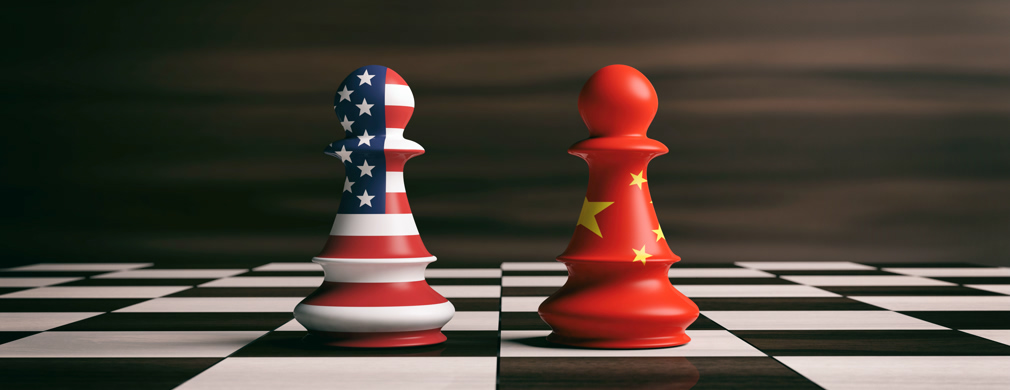As things heat up in Washington with talk of escalating the U.S.-China trade war using “non-tariff” measures, keep in mind: China is the biggest foreign owner of Uncle Sam’s debt and the biggest foreign buyer of U.S. mortgage bonds.
In July alone, China’s net purchases of agency bonds totaled $14 billion, meaning purchases minus sales of securities issued by Fannie Mae, Freddie Mac and Ginnie Mae. That was more than a third of all foreign net purchases for the month.
Liquidity in the mortgage market depends on investors wanting to buy mortgage bonds. If China stopped purchasing agency MBS, that could dent demand and put pressure on home-loan rates to go higher because when demand ebbs, bond issuers have to offer high coupons, which translate into higher mortgage rates, to attract investors.
If China wanted a quicker way to destabilize the U.S. economy, it could begin dumping its U.S. Treasuries. U.S. debt currently stands at a record $22 trillion. China held $1.11 trillion of that in May, about 27% of the $4.1 trillion held by foreign countries. The next biggest foreign holder of U.S. debt was Japan, at $1.10 trillion, followed by the United Kingdom at $332 billion and Brazil at $306 billion, according to Treasury data.
Of course, it wouldn’t be in China’s best interest to destabilize the world’s economy by dumping its U.S. Treasuries. That’s the “rational actor” argument – nations aren’t going to make decisions that result in negative consequences for themselves.
It’s similar to the argument Alan Greenspan, former chairman of the Federal Reserve, used to make before the financial crisis: Companies can be trusted to act in ways that best support their long-term growth. That didn’t turn out well because it failed to recognize that sometimes countries, businesses and people act in ways that are counter to what an observer might decide is their best interests.
Last week, White House trade adviser Peter Navarro confirmed in an interview with CNBC that the White House is looking at non-tariff ways to escalate the trade war. For now, the White House seems focused on Chinese stocks.
“There’s some interesting and significant transparency issues with Chinese stocks, but that’s all I’m going to say, I’m not going to talk about what’s going on behind closed doors,” Navarro said.
Even if the White House isn’t planning on booting Chinese companies off U.S. exchanges, per the speculation that caused a rout in the stock markets more than a week ago, Navarro made clear that measures beyond tariffs are now on the table. The next negotiating sessions are scheduled for the end of this week.
“While we are skeptical that the Trump administration will apply the kind of capital controls to China that spooked the markets last Friday, we still think that other non-tariff measures could lead to an escalation in the trade war,” Beacon Policy Advisors, a Washington research firm, said in a note to clients on Friday.
No one asked Navarro, in the CNBC interview, if the White House was prepared for China to retaliate by dumping its U.S. debt. and shunning the mortgage-bond market.






